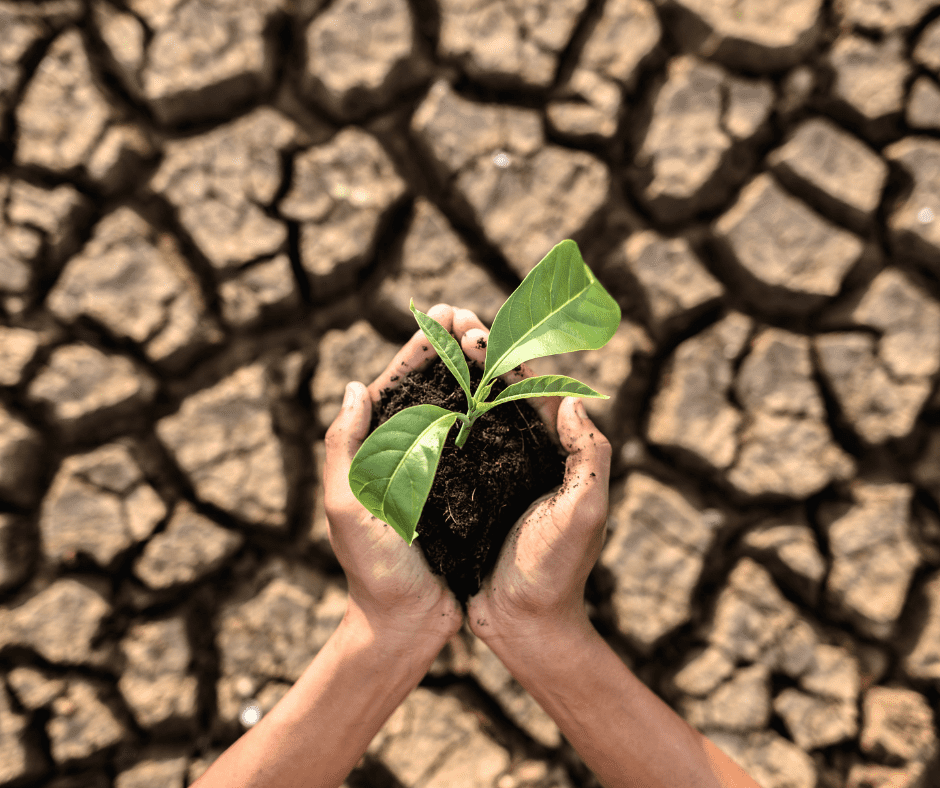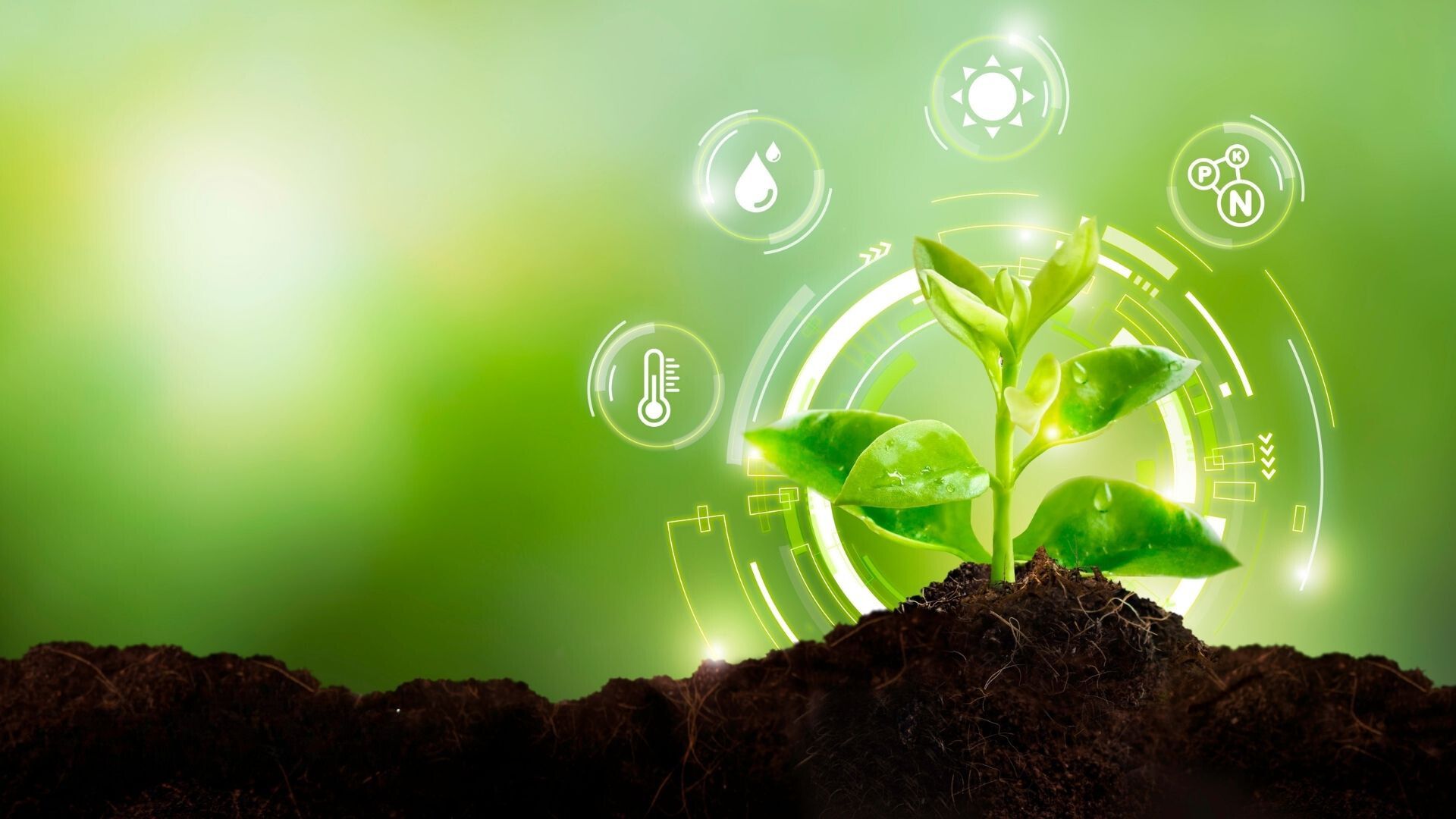1. The Bio-stimulant market is expanding worldwide
The global plant bio-stimulant market has expanded quickly in recent years as a result of increased demand for sustainable agriculture methods and the growing need to improve crop yields and quality. According to Variant Market Research, the global plant bio-stimulant market is expected to develop at a compound annual growth rate (CAGR) of 11.2% to reach USD 5.0 billion by 2026.Furthermore, there is a growing tendency toward the creation of novel plant bio-stimulant products, such as natural and organic alternatives to typical synthetic fertilizers and pesticides. Companies are also spending in R&D to increase the efficacy and efficiency of their products, as well as to grow into new markets and crop kinds. Overall, the plant bio-stimulant market is likely to expand and adapt as more farmers and growers adopt sustainable agriculture techniques and look for innovative ways to boost crop yields and quality.
2. Our soils are heavily drained
The random usage of pesticides and fertilizers has led to a decline in soil health by harming soil microorganisms. Pesticides are designed to kill pests that harm crops, but they can also affect non-target organisms such as beneficial soil microorganisms. These microorganisms play a crucial role in maintaining soil health by breaking down organic matter, cycling nutrients, and controlling plant diseases.
Fertilizers can also have negative impacts on soil health when used inappropriately. Overuse of synthetic fertilizers can lead to an imbalance in soil nutrients, which can affect the composition of soil microbial communities. Additionally, synthetic fertilizers can also contain high levels of salts, which can damage soil structure and reduce water infiltration, leading to soil compaction and erosion.
This leads us to the importance of bio-stimulants that regenerate the soil’s beneficial properties and crucial microorganisms for sustainable production.

3. Climate change is affecting Agriculture
Overall climatic conditions are brutally fluctuating in our region. From unexpected rain pour to sudden peaks in temperature, these changes are inevitable.
Environmental variation and abiotic stress conditions such as drought, high temperature, and soil salinity can have negative impacts on crop growth and productivity. As a result, there is a growing need for innovative solutions such as bio-stimulants to help plants cope with these stress conditions and maintain healthy growth.
Bio-stimulants help enhance plant growth and development, improve plant nutrient uptake, and boost plant tolerance to stress. Bio-stimulants can help plants to better tolerate environmental stresses such as drought, high temperature, and soil salinity by improving water and nutrient uptake, increasing antioxidant activity, and stimulating plant hormone production.
4. More Bio-products less residues
One way that bio-stimulants can help to produce residue-free crops is by reducing the need for synthetic pesticides. They can help to reduce the need for synthetic pesticides by enhancing plant resistance to pests and diseases through the stimulation of natural plant defense mechanisms. This can lead to healthier crops with fewer residues.
Another way that bio-stimulants can help to improve soil health and nutrient uptake, reducing the need for synthetic fertilizers and resulting in healthier crops with fewer residues.
In addition, bio-stimulants can also improve the quality of the produce by promoting even ripening, improving fruit and vegetable size and shape, and enhancing flavor and aroma. This is especially important, as the MENA region is reputable for its fruit and vegetable production.

5. Bio-stimulants promote biodiversity conservation
Bio-stimulants can help to support the growth of beneficial plants, insects, and wildlife in agricultural ecosystems. For example, by promoting plant growth and health, bio-stimulants can provide habitat and food for beneficial insects and birds, such as pollinators and pest predators. By reducing the use of synthetic pesticides, bio-stimulants can also help to protect beneficial insects and wildlife from harmful exposure to chemicals.
Furthermore, the use of bio-stimulants can lead to higher crop yields and improved crop quality, which can reduce the need for additional land conversion and promote the preservation of natural ecosystems. This can be especially important in areas where agricultural expansion is a significant driver of biodiversity loss.
In conclusion, bio-stimulants are imposing themselves as the newest need in the Agricultural sector. As varieties of technologies are emerging in this regard, we shed light on our newest partner and supplier Kimitec. The Spanish company has committed to the reinvention of nutrition and crop stimulation. By eliminating the use of chemicals such as hormones, they managed to increase the productivity and quality of crops while helping farmers produce healthier without losing profitability.
Stay tuned as we provide you with the latest and best bio-stimulant solutions for your crops!

